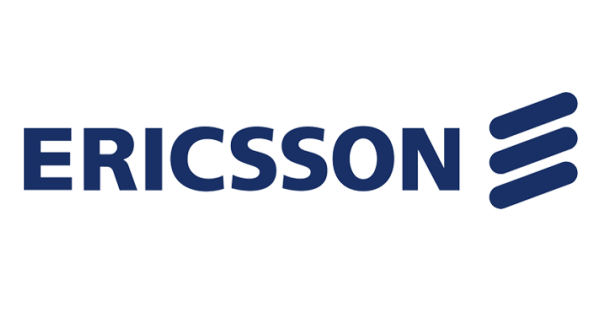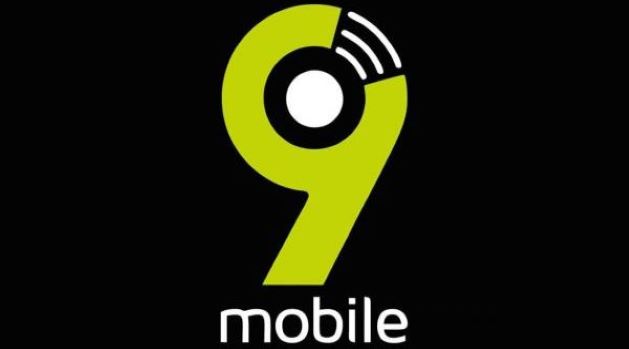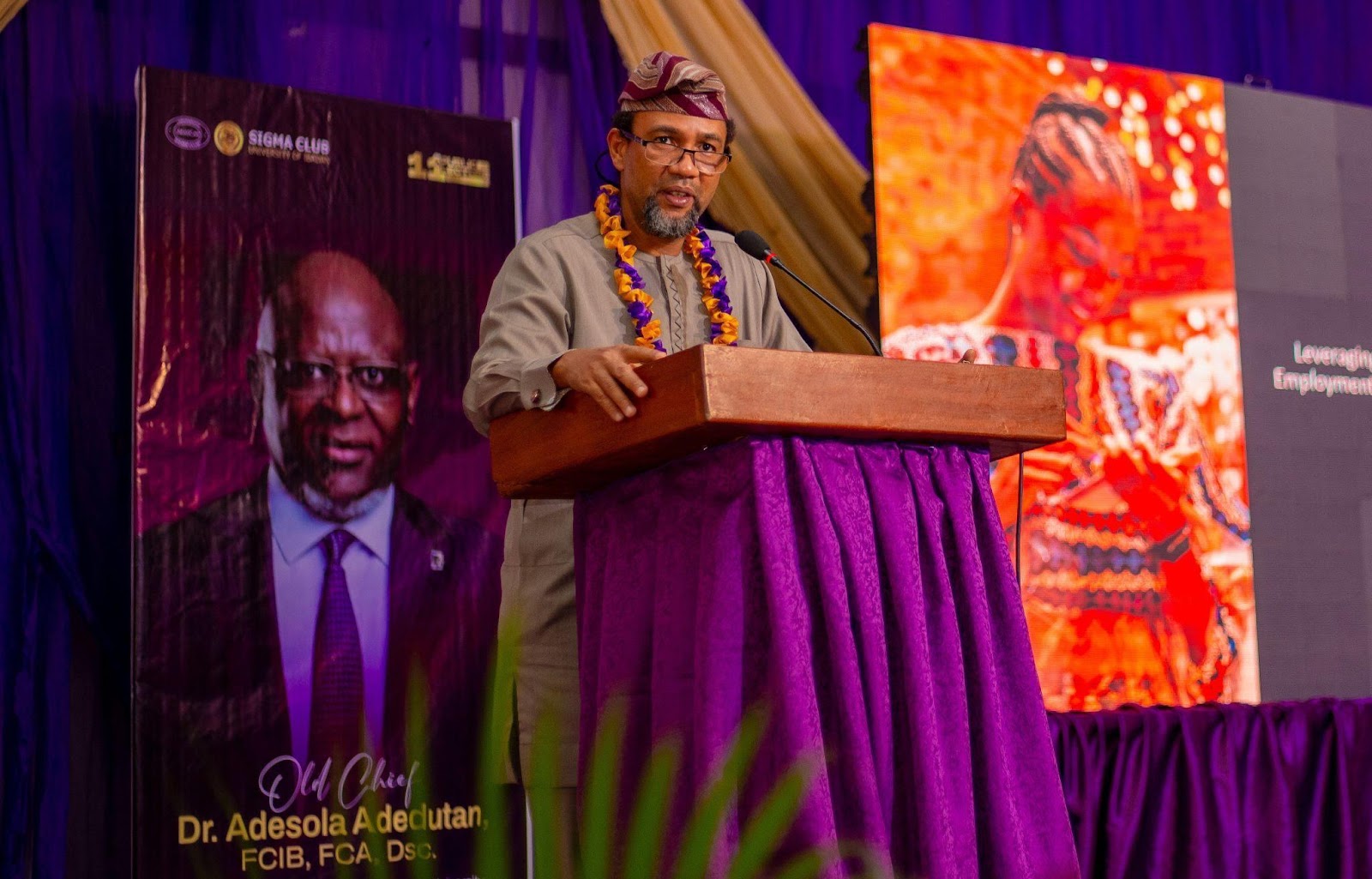Telecom
Why Network Quality is More Important Than Ever

By Borje Ekholm
Today, network quality is under the spotlight in every household and enterprise worldwide as more and more work from home. However, as our new research indicates, network performance has always been a mainstay of market demand.
Today, more than ever, we see the value which mobile connectivity brings to our societies. In times of crises, the world’s mobile networks are proving yet again that they can deliver the performance and reliability to support both consumers and enterprises in their hour of need. In fact, quality of the network has been an important driver of market dynamics for a long time.
However, today’s demands for network quality and capacity are not a new development. In fact, they have been driving market demand for a lot longer and to a much greater extent than most would probably expect.
For almost a decade now, we have analyzed why some service providers grow and drive higher revenues than others. We call these leaders Frontrunners. While Frontrunners share common traits, they often deploy a variety of strategies to enable profitable, sustainable growth. The real key to their success is that they seek differentiation to create better return.
In a new analysis, based on 4G life cycle data from more than thirty countries, we have drilled deeper into how much good network performance benefits Frontrunners. And our research shows that investing in network quality is a powerful way for service providers to drive lower churn and/or higher average revenue per user (ARPU).
In all countries we analyzed, the service provider with the highest network quality has either higher ARPU and/or lower churn compared with the service provider with the lowest network quality.
In the top half of cases, where network quality is highest, we found that the lead service provider enjoys a higher average ARPU (+31 percent) and lower average churn (-27 percent). In the bottom half, where network quality is generally lower, we found that some service providers still enjoy higher ARPU (+61 percent) but with higher churn (+39 percent), whiles others have both lower ARPU (-14 percent) and lower churn (-32 percent).
When we looked across all service providers, not just leaders and quality laggards, network quality correlated with increased ARPU and reduced churn.
After macro-economic factors, network quality is one of the biggest influences on churn according to a multivariate analysis. Put simply, investing in network quality keeps subscribers happy. Or, as one executive at a service provider told me: “It is easy to attract customers. The problem is that when they see our poor network performance they leave.”
In aggregate, ARPU fluctuations seem to be driven primarily by macroeconomic factors. However, our analysis of Frontrunners shows significant revenue upsides for those investing first in high performance. The Frontrunner group achieved a 9.9 percent ARPU compound annual growth rate (CAGR) with 4G, while the rest of the market was at -0.8 percent CAGR. With 5G we already see Frontrunners charging price premiums averaging 15 percent.
It is clear that network quality already matters to consumers. This is hardly surprising as the service providers product is their network. We also see that network performance features more prominently in the marketing initiatives from successful service providers.
One of our most successful customers – who have generated a strong market share gain and growth over many years – allocate more than 50% of advertising spend to network performance.
Important for consumers, but we are convinced that the quality of connectivity will mean even more for enterprise users, as enterprises will depend on connectivity for their business survival.
Case studies on the importance of network quality
Let’s look at three examples:
- European market leader defending position
Network quality is a way for a market leader to maintain its leadership over the competition.Between 2010 and 2015, a market leader lost four percentage points market share to a new low price competitor, who surpassed the leader in networking benchmarks from P3, a leading international consulting, engineering and testing services company. The leader then launched a new strategy focusing on increasing capex to offer the best network experience. They regained their lead in P3 benchmarks, and these actions reversed market share losses by gaining 2 percentage points market share. More importantly, they also increased their ARPU lead.
- Challenger surpasses closest competitor in emerging market
Improved network quality can also be a way to build market share. For example, in 2016, a challenger was third in market share and experienced an erosion in ARPU. The company shifted capital expenditures from fixed to mobile, including doubling its 4G footprint in cities.
This gave it the best network in the country, resulting in market share gains and a reversal of the ARPU trend; the provider now shows a stronger ARPU increase than its peers. These gains allowed the challenger to overtake the number two player in the market. Its investment also paid off with more post-paid subscriptions and earnings (EBIDTA) up five percent.
- Market leader in Middle East invests in network quality to stem losses and regain performance lead
From 2010 to 2014, the second player in the market invested heavily in network performance, and the leader lost 10 percentage points of market share. The leader increased capex for 4G, stemming market share losses. Additionally, the leader was able to significantly improve network performance which resulted in faster ARPU growth, churn reduction and an improved Net Promoter Score compared to the competition.
Key insights from our analysis
Successful service providers use a variety of strategies to create differentiation that fit their local market and their position in that market.
In the three examples above, we saw operators defending and regaining market leadership by increasing their investments in network performance.
Although network quality isn’t the only way to create differentiation and drive value for customers, it’s clear that it is a cornerstone of successful strategies and improved commercial KPIs. This has been historically true through the deployment of 4G and as our society and daily lives will depend even more on advanced digital services, we expect quality mobile connectivity to be of even greater importance in the 5G era.
Borje Ekholm is President & CEO of Ericsson.
Telecom
Court to Decides on 9Mobile Ownership Tussle September 24

Federal High Court in Abuja has fixed September 24 to rule on several applications in the case of Abubakar Ismaila Isa, a businessman, who claims that his 43 million shares were allegedly transferred to Emerging Markets Telecommunication Services Limited, operating under the trade name 9mobile, without his consent.

The matter before Justice Mohammed Umar on Wednesday, was filed by Isa’s legal team led by Femi Atteh, SAN, in suit number FHC/ABJ/CS/1971/2024.
The plaintiff seeks an order declaring him the “beneficial owner of the 43,000,000 (forty-three million) ordinary shares held in trust for him by the 1st Defendant (Seltrix Limited) in the capital of the 3rd Defendant (Teleology Nigeria Limited).”
He accused Seltrix Limited of purportedly transferring the said shares to 9mobile without his consent, resulting in the alleged illegal change of control of 9mobile to LH Telecommunication Limited by the Corporate Affairs Commission and Nigerian Communications Commission.
Joined as defendants in the suit are Seltrix Limited, Hayatu Hassan Hadeija, Teleology Nigeria Limited, Mohammed Edewor, Emerging Markets Telecommunications Limited, CAC, NCC, LH Telecommunication Limited and General Theophilus Yakubu Danjuma (Rtd) (first to ninth defendants).
A counter-affidavit sworn to and filed on behalf of Seltrix Limited, Hadejia had described the plaintiff’s application as a reckless abuse of the court process.
He urged the court to dismiss the application and award substantial costs against the plaintiff.
He also demanded concrete evidence of any trusteeship arrangement involving him or Seltrix Limited concerning the alleged N43 million ordinary shares in the capital of the third defendant, Teleology Nigeria Limited, or any matter related to the suit.
Hadejia stated that the plaintiff’s motion, dated 27 January but filed on 28 January, was a fabrication designed to mislead the court.
At the resumed hearing, Michael Aôndoakaa, SAN, counsel for Teleology, 9mobile, and others, drew the court’s attention to his preliminary objections, asking the court to strike out the case for “being statute-barred” as it was filed out of the stipulated time required.
Telecom
MTN, 9mobile Commence Ground-breaking National Infrastructure Partnership

In a landmark move set to redefine Nigeria’s telecom landscape, MTN Nigeria Communications Plc and Emerging Markets Telecommunications Services Limited (9mobile) have officially announced the rollout of their national roaming agreement, approved by the Nigerian Communications Commission (NCC).

The three-year agreement enables 9mobile subscribers to roam seamlessly on MTN Nigeria’s expansive network, significantly extending 9mobile’s coverage and improving service quality for its customers. The partnership signals a shift toward greater industry collaboration, aligning with the NCC’s vision for a more inclusive and efficient digital ecosystem.
Beyond infrastructure sharing, the agreement drives greater operational efficiency, stronger connectivity, and an enhanced user experience. It also paves the way for deeper collaboration between the two telcos, most notably a proposed spectrum leasing deal, in which 9mobile will lease its 900MHz (5MHz) and 1800MHz (15MHz) bands to MTN for three years, further strengthening MTN’s network capacity and service quality.
“This partnership marks a bold resurgence for 9mobile,” said Obafemi Banigbe, CEO of 9Mobile. “It empowers us to meet the needs of our customers, especially youthful and enterprise users, by delivering consistent, high-quality service as we roll out city by city in the weeks ahead.”
Banigbe acknowledged the leadership of Dr. Aminu Maida, Executive Vice Chairman and the leadership of the NCC, for enabling such progressive industry collaboration, and Dr. Bosun Tijani, Honourable Minister of Communications, Innovation, and Digital Economy, for his advocacy of a resource-efficient, consumer-first telecom ecosystem.
“In today’s telecom environment, access is more strategic than ownership,” Banigbe added.
“Access to infrastructure is now more important than ownership,” Banigbe added. “Rather than duplicating networks, we’re investing in access that is commercially viable and sustainable. Network infrastructure typically accounts for 70–75% of an operator’s costs, savings here mean we can reinvest in innovation and customer experience. At 9mobile, our mantra is simple: build infrastructure where necessary, share it where possible,” he concluded”
Dr. Karl Toriola, CEO of MTN Nigeria, described the agreement as a milestone for the sector, “This collaboration underscores our commitment to industry innovation, customer-centricity, and support for the NCC’s goal of a fully connected Nigeria,” said Toriola. “It reflects our shared value philosophy, prioritizing partnerships that benefit the entire ecosystem.”
Toriola also praised Dr. Tijani’s efforts in promoting meaningful collaboration as a key driver of digital access, service quality, and nationwide inclusion.
This pioneering agreement sets a new benchmark for infrastructure sharing in Nigeria. It exemplifies how competitors can collaborate to address systemic challenges, reduce redundancies, and collectively transform the industry—ultimately delivering broader coverage, better service, and faster access to emerging technologies for Nigerian consumers.
Telecom
Karl Toriola Champions Digital Education for Employability @Sigma Club Lecture

MTN Nigeria CEO, Dr Karl Toriola delivered a strong call for digital skills adoption and curriculum reform at the 11th Public Lecture of the Sigma Club, University of Ibadan, on Thursday, July 3, 2025.

Speaking on the theme, Leveraging Technology & Digital Education for Mass Employment, Wealth Creation and Poverty Alleviation, Toriola said technology and education can drive large-scale transformation by unlocking access to both global and local job markets. He explained that digital tools enable entrepreneurship, remote work, and access to essential services, especially in underserved areas.
He pointed out several barriers: the infrastructure deficit caused by high deployment costs, poor electricity, and insecurity in rural areas; digital literacy and education gaps; gender and regional disparities; outdated or inconsistent government policies and weak public-private coordination.
Referencing a story about a high-achieving Nigerian doctor, he said, “I saw an article a few days ago about a Nigerian medical student or doctor that qualified simultaneously in [different] specializations of medicine. It’s incredible what some of our people are doing. Our youths are ready. Our systems must be ready too.”
Among his recommendations, Toriola called for expanded digital infrastructure, changes to school curricula, stronger public-private partnerships, and programs designed with gender and cultural awareness in mind. “We must make education employable,” he said. “We have to create the opportunities for students to practice what they are learning with institutions, private-sector institutions that are using those skills of the future.”
Toriola also emphasized that while automation and robotics dominate conversations about the digital economy, there is still significant opportunity in content creation, manufacturing, and agriculture. “Huge opportunities exist in Nigeria. We need to provide the environment for the Nigerian youth to thrive by driving connectivity, changing the curricula to allow our students to acquire the skills that are required in the job market of today.”
He closed with a message of encouragement, saying, “It does not matter however you start. Where you get to at the end of the day is a product of how dedicated, focused and hardworking you are. Never give up. Nigerians have an immeasurable capacity to deliver if given the right opportunities.”
Earlier, Hon. Folajimi Oyekunle, Deputy Chief of Staff to the Oyo State Governor, delivered the welcome address on behalf of Governor Seyi Makinde. He noted that the lecture’s theme was timely and aligned with the administration’s focus on innovation and inclusive development. Citing initiatives such as the Waste to Wealth program, which created 12,000 direct jobs, and the recruitment of 21,000 teachers, he highlighted efforts to improve employment outcomes in the state. He also mentioned that the state’s internally generated revenue had risen to 8.5 billion in the first quarter of 2025, compared to a pre-2019 average of 1.6 billion.
“The government so far has worked in line with all stakeholders to create an enabling environment for job creation, which gives our graduates the opportunity to be employed in government work. As a government, we continue to support and encourage wealth in the state and also to support programs like this, which in one way or the other, gives back to their school,” he said.
Other dignitaries present at the event included the Alaafin of Oyo, Oba Abimbola Owoade; Dr. Gani Adeniran, retired lecturer from the University of Ibadan’s Faculty of Veterinary Medicine, who served as Father of the Day; and Professor Gabriel Ogunmola, Chancellor of Lead City University, Ibadan.
Initiatives like MTN’s recently launched Digital Skills Academy reiterate the company’s commitment to expanding digital access and opportunity. The platform includes a career guidance tool to help users identify and pursue paths aligned with their strengths and market demand. It forms part of the MTN Foundation’s Digital Skills for Digital Jobs programme, which supports the National Digital Economy Policy and Sustainable Development Goal 4 on quality education.

 Telecom3 days ago
Telecom3 days agoMTN Nigeria Debuts Game-Changing CPaaS Platform at NextNow Forum

 E-Financial2 days ago
E-Financial2 days agoCourt Affirms NIBSS Authority to Manage BVN

 News3 days ago
News3 days agoAMCON Confirms ₦100Bn Sale of Ibadan DisCo Amid Legal Disputes

 E-Business3 days ago
E-Business3 days agoDomain of Deception as Attackers Deploy Spyware Under Guise of Legal Threats

 E-Financial3 days ago
E-Financial3 days agoNAICOM Issues New Licenses to SanlamAllianz Life, General Insurance

 E-Financial3 days ago
E-Financial3 days agoGTCO to Become First Nigerian Bank to List on London Stock Exchange

 Telecom2 days ago
Telecom2 days agoMTN, 9mobile Commence Ground-breaking National Infrastructure Partnership

 Broadcasting3 days ago
Broadcasting3 days agoIFC, AfDB Collaborate with EbonyLife Media to Explore Supporting the African Film Industry to Drive Job Creation


























